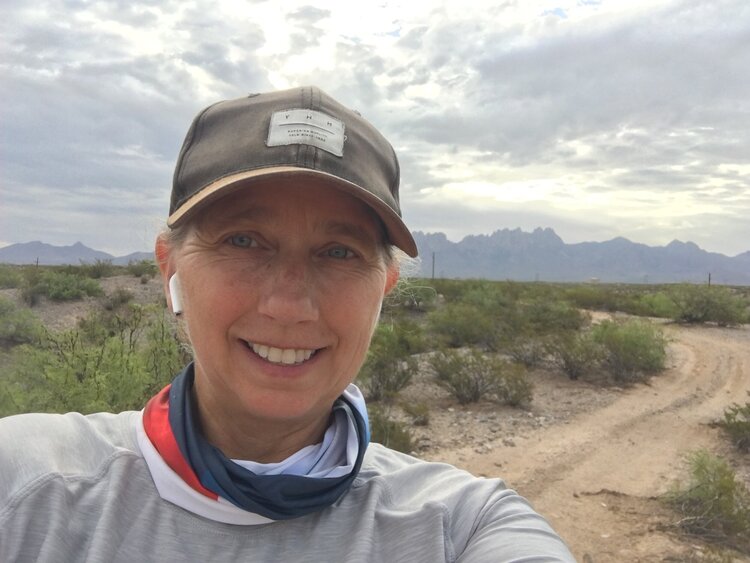ACTs, SATs finished. College applications filled out and submitted. IB exam enrollment completed. The final year of high school was underway for my two seniors. However, despite the fact that plans were in motion for college, it wasn’t clear that the next step should be university, especially for my young 17-year old daughter.
A few of my students had elected to do a gap year following high school graduation and I was intrigued by their experiences, particularly that of one student who did volunteer work with human-trafficking victims in Thailand. She returned from her year full of vigor and experience and the glow of having done some good in the world. She then commenced with full force on her university career.
This example prompted me to encourage my daughter to consider a gap year. At first she was highly resistant fearing she’d “get behind” or “miss out” on something by not plunging forward with university plans. That drive to push ahead, get ahead, move on, “succeed”, and “follow the program” nagged at her. However, she slowly became interested in the idea of a gap year.
My daughter took this photo of black rhinos during a standard data collection event. The picture was taken just after the rhinos charged the research group.
Her inherent interest in wildlife and conservation led her down a path of doing volunteer work towards conservation efforts. Together we researched several organizations. She was clear that she didn’t want a “travel” experience as she already had that from her 6 years living abroad. She wanted to do real work that would make a difference in the world.
My daughter rode in the back of the truck to hold one of the lion's heads during the journey in order to prevent injury due to jostling of the truck.
A hand-raised cheetah that couldn't be successfully released into the wild and was traded with the rehab center for a cheetah that needed to be released and was successfully reintroduced into the wild.
She embarked on a conservation journey in South Africa working in the bush. Her experience involved 7-day work weeks (at a wild-life rehabilitation center the animals must be fed every day!) without any time off or weekend excursions. She worked hard and she loved every minute of it. She participated in incredible conservation work, including darting and tagging rhinoceros in anti-poaching measures, transporting lions between reserves to increase genetic diversity within prides, tracking wildlife on horseback to record numbers of specific endangered species for scientific research, and caring for injured wildlife (often by poachers). In addition to rhinos and lions, she personally handled leopards, cheetahs, birds of prey, mongoose, and countless others. It was truly an amazing and life-changing experience.
She learned more about conservation, conservation efforts, and wildlife than any year in college would yield her. Furthermore, she developed into a fiercely independent thinker with a real passion for conservation. And importantly, she gained confidence in herself as an individual and knowledge of who she is, what she believes, and what she wants to do in life. I wish I had that when I was 17!
Now she is preparing to begin her university journey studying conservation ecology. She has already signed up for the sustainability efforts at the school and is looking into research labs she might be interested in becoming a part of. She knows where she is headed.
Interestingly, my other graduating senior was ready to head to university. However, his top choice for this endeavor was a state school where he did not qualify for in-state tuition. After much deliberation, he chose to move to Michigan and reside there for one year to earn residency. Thus, he proceeded forth with an inadvertent gap year. Because his interests lie in the medical field he decided to earn his Emergency Medical Technician (EMT) license.
To support himself he hit the pavement searching for a job as an 18-year old with no work experience and no education. After many rejections he walked into a Pizza Hut with a sign in the window advertising for employment with the added large letters, “No experience necessary”. He got the job.
My son's facebook picture once the license arrived in his post box.
During his “gap year” he earned an EMT license, paid bills, held down a job, learned about good vs. bad management, and gained important insight about working with people successfully. Most importantly, during his EMT training he confirmed his passion in life. He absolutely LOVED his rotations both in the ambulance and in the hospital. He realized his strengths and is definite place in the medical field. He will begin his university career this fall studying molecular biology and biochemistry/biotechnology. And he knows what he wants.
So, I’ve had two children complete a gap year. I see new skills, maturity, and a deep development of intellectual and practical awareness. Both of them, on two very different tracks, have found a true passion in life. Both of them are self-confident as they enter their freshman year. Both of them are committed to working hard towards clearly formed goals.
Many parents seem afraid to allow their children such an opportunity, perhaps fearful that the child won’t continue on with higher education? Perhaps concerned that the child will be “behind” in the pursuit of that degree or that important high-paying job? A 17 or 18-year old still has an entire life ahead. And I ask, what is the rush? There is so much to be gained from life experience itself.
Permission to write this post and include photographs provided by them was granted by my children.
